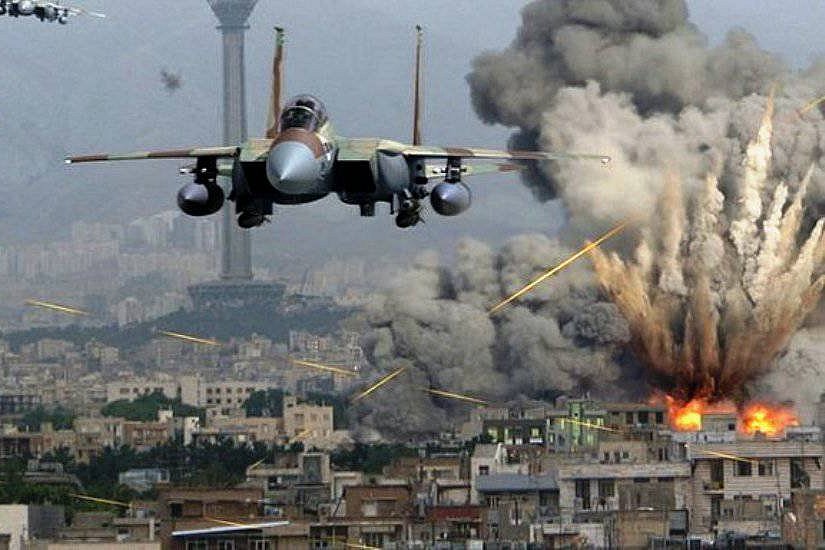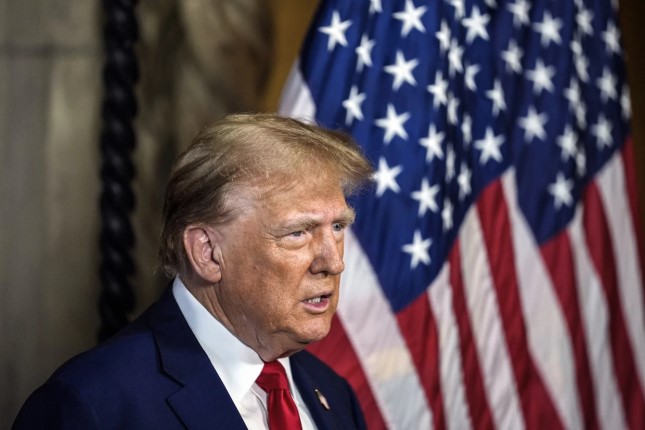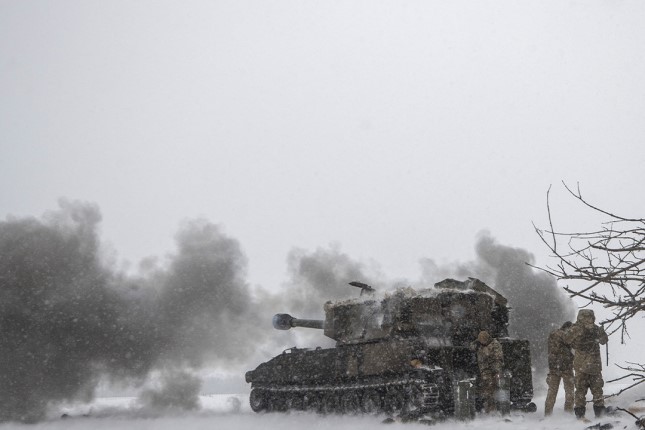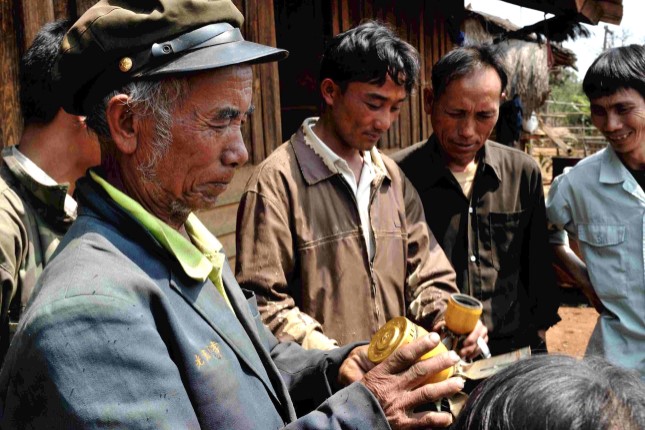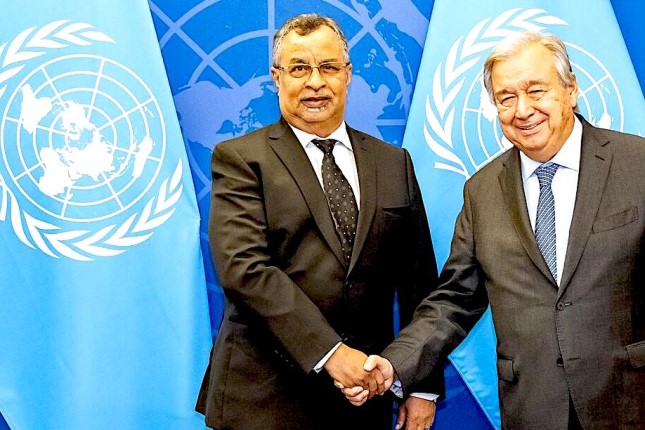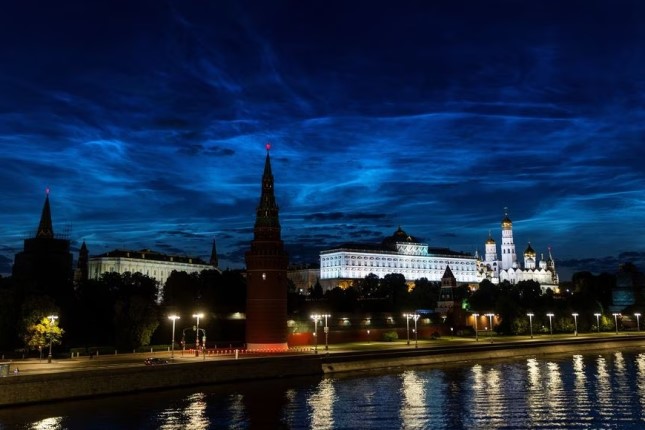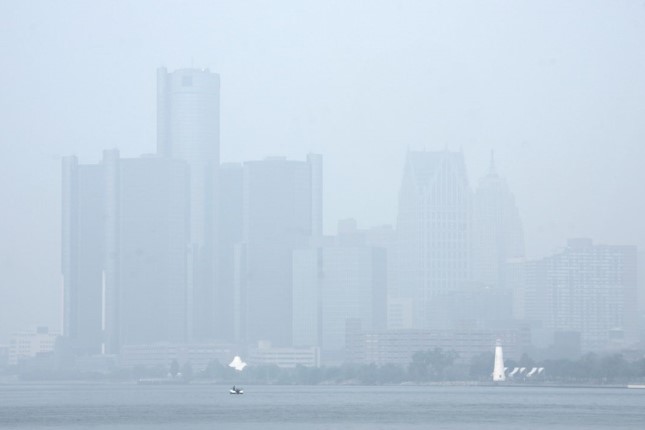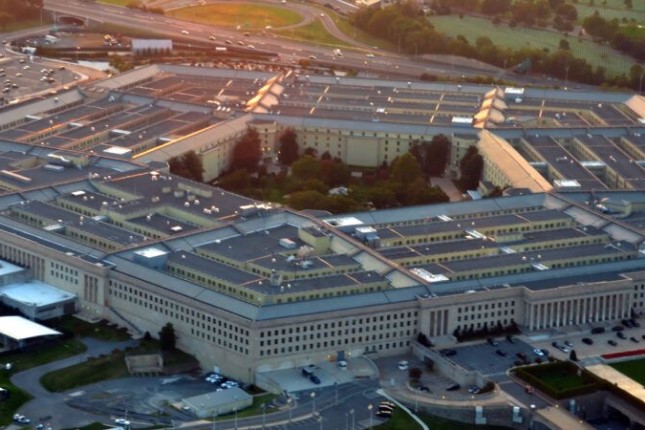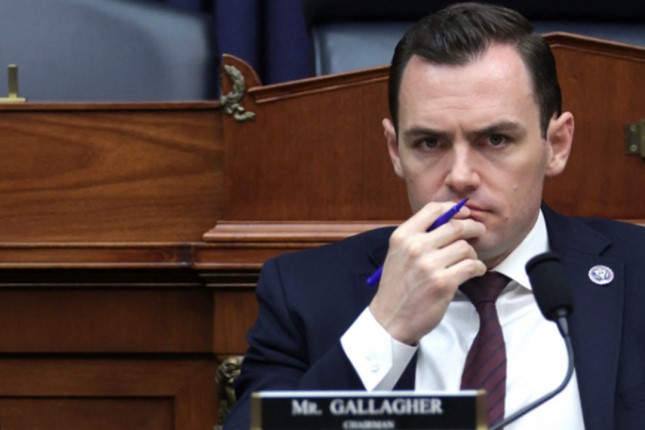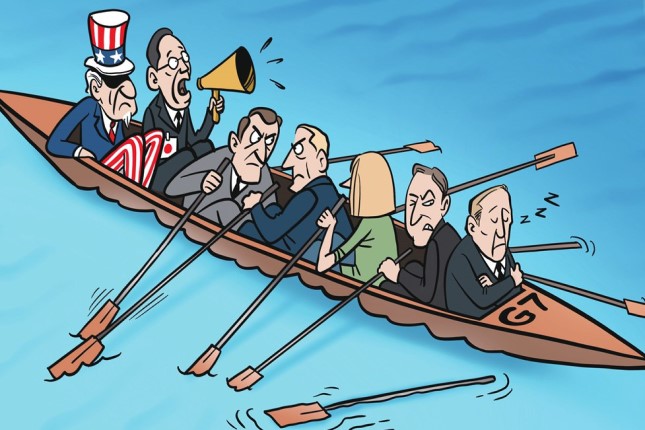When the U.S. bombed Iran’s civilian nuclear facilities on June 23, they didn’t just violate the cardinal rule of international law by attacking a sovereign nation, without Security Council approval, that had neither attacked it nor threatened to attack it. They also violated the NPT. In doing so, the U.S. may have done irreparable harm to the non-proliferation regime.
As a signatory to the Nuclear Non-Proliferation Treaty, Iran was protected by the “inalienable right to a civilian [nuclear] program.” Iran and the world watched, not only as that nonnuclear umbrella collapsed and failed to protect Iran, but as the International Atomic Energy Agency (IAEA), the guardian of the non-proliferation regime, whispered barely a criticism. Iran’s parliamentary speaker has criticized the IAEA for having “refused to even pretend to condemn the [American] attack on Iran’s nuclear facilities.”
Iran has accused IAEA director general Rafael Grossi of issuing a “biased” report on Iran’s nuclear program right as Trump’s sixty day window for diplomacy was closing that could be used as a “pretext” for the attacks on Iran’s nuclear facilities. The U.S. was complicit in using the resolution that followed the report, since only 19 out of 33 countries voted in favor of it after the U.S. pressured eight countries they saw as “persuadable… to either vote with the US on the IAEA vote or not vote at all.”
After Grossi clarified that the IAEA “did not find in Iran elements to indicate that there is an active, systematic plan to build a nuclear weapon” and concluded that “We have not seen elements to allow us, as inspectors, to affirm that there was a nuclear weapon that was being manufactured or produced somewhere in Iran,” Iranian foreign ministry spokesman Esmaeil Baghaei said the clarification came “too late.” He blasted Grossi for “obscure[ing] this truth in your absolutely biased report that was instrumentalize by E3/U.S. to craft a resolution with baseless allegation of ‘non-compliance’; the same resolution was then utilized, as a final pretext… to launch an unlawful attack on our peaceful nuclear facilities.” Baghaei finished with the accusation that Grossi “betrayed the non-proliferation regime.”
On June 20, Iran filed a formal complaint against Grossi to the Security Council, accusing him of a “clear and serious breach of the principle of impartiality.” Iran’s Ambassador to the UN, Amir Saeed Iravani, criticized Grossi’s failure to condemn American and Israeli threats and use of force against its peaceful nuclear program as demanded by IAEA resolutions “which categorically prohibit any threat or use of force against nuclear facilities dedicated to peaceful purposes.” He said that Grossi’s “passivity… amounts to de facto complicity.”
On June 25, the Iranian parliament approved a bill suspending – but not yet terminating – its cooperation with the IAEA. Parliamentary speaker Mohammad Baqer Qalibaf explained the passage of the bill by saying that the IAEA “has put its international credibility up for sale” because it “did not even formally condemn the attack on Iran’s nuclear facilities.” “For this reason,” he said, “the AEOI [the Atomic Energy Organization of Iran] will suspend its cooperation with the Agency until the security of its nuclear facilities is guaranteed.”
The next day, the Guardian Council approved the bill. The spokesperson for the Council said that “considering… the attacks carried out… against the peaceful nuclear facilities of our country… the government is obliged to suspend any cooperation with the IAEA until the principles ensuring… the security of nuclear scientists’ centers and ensuring the inherent rights of the Islamic Republic of Iran to benefit from all rights stipulated in Article 4 of the Treaty on the Non-Proliferation of Nuclear Weapons, particularly concerning uranium enrichment.” Having been approved by the Guardian Council, Iran’s Foreign Minister, Abbas Araghchi, says the bill is now “binding.” That means, he says, that “From now on, our relationship and cooperation with the [IAEA] will take a new form.”
The great risk now is that Iran could withdraw from the NPT altogether. When I asked former Iranian nuclear negotiator [ret] Ambassador Seyed Hossein Mousavian if this failure of the NPT might move Iran to withdraw from the treaty, he answered, “Perhaps Iran does not rush to withdraw but ultimately this could be a serious option.”
Having its legal nuclear facilities bombed by a nuclear power who is a signatory to the NPT could convince Iran that membership in the NPT is harmful to it. Mousavian has pointed out that countries that did develop nuclear weapons – which Iran did not – outside of the NPT “have remained immune from military attacks.” Trump and the U.S. have not bombed North Korea. “It is only natural that following the military attack,” Mousavian writes, “Iran would reconsider its nuclear strategy, including its continued membership in the NPT.” And that, Ali Vaez, director of the Iran Project at the International Crisis Group, says “is quite likely.”
The danger is that the American bombing could eliminate a civilian nuclear program that was operating under the watchful international eye of an unprecedented inspection regime with one that is rebuilt entirely out of the eyes of international inspectors.
Sina Toossi, senior non-resident fellow at the Center for International Policy, told me that “far from neutralizing Iran’s nuclear capabilities, the war may have pushed Tehran closer to covert weaponization under a hardened doctrine.”
Withdrawal from the NPT would not entail that Iran has made the decision to build a nuclear weapon. Blinding the international community, led by the United States, may be seen by Iran as the only viable strategy for reconstituting a civilian nuclear program that would otherwise be bombed each time it reemerged.
The decision by the Trump administration to drop bunker buster bombs on Iran’s legal, civilian nuclear facilities, whether it “severely damaged” them, “obliterated” them or merely “set them back,” is that much more than the nuclear facilities were damaged. Under the guise of preventing nuclear proliferation in Iran, the U.S. may have so discredited the NPT that they have “severely damaged” and “set back” the world’s hard won non-proliferation regime.
Source: AntiWar.com.
